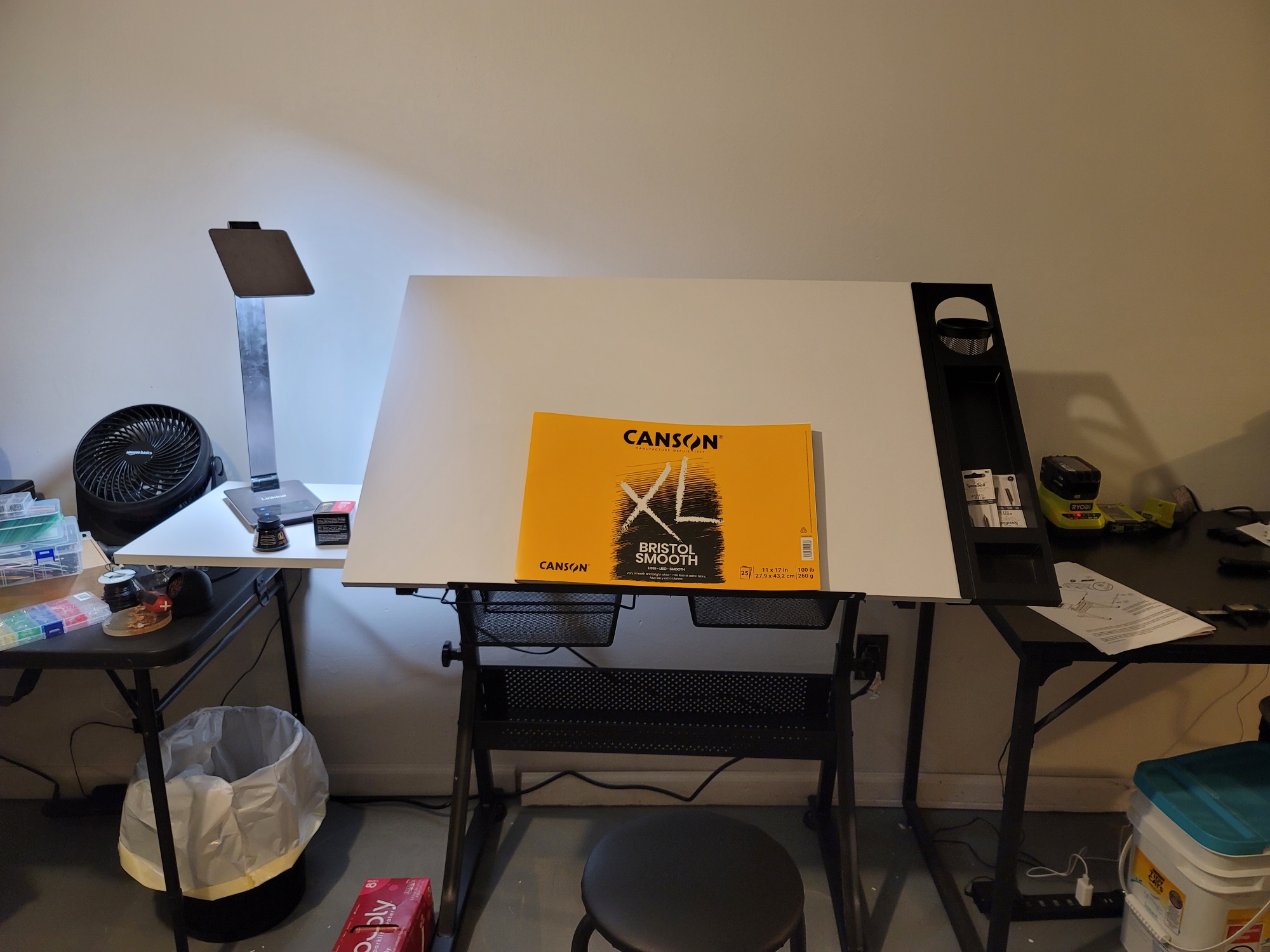Overwatch copied citron for Reinhardt
TabbsTheBat (they/them)
They/Them A chaos bean bat/bunny. I do art sometimes
- 1 Post
- 29 Comments

 34·2 days ago
34·2 days agoWindows - the best ad for linux

 111·2 days ago
111·2 days agoMe too, but apparently they stopped after 2003 :3

 471·2 days ago
471·2 days agoEasy: the effects got worse /hj

 34·2 days ago
34·2 days agoAll the movies are older than me :3

 8·2 days ago
8·2 days agoWhen you forget your once a week casting of mighty fortress:

 18·2 days ago
18·2 days agoDo they warn you about the spyware they ship by default tho?

 5·2 days ago
5·2 days agoA recent example I came across while doing Vietnamese vocab was several letters being used to make an “Z” or “L” sound in some cases.
There’s actually a similar thing in my native language, where we have multiple letters for the same sound :3. (Ų and Ū make the same long “oo” sound) those letters were originally distinct with Ų being nasal and Ū being long, but the nasal letters have come to simply be longer variants of the base letter, however both letters are still useful as they serve a distinct grammatical role :3… the letter clusters ei and iai also tend to sound the same but be used for different purposes
Sometimes the letters can also make the same sound in some words but not others due to palletization, I don’t know if vietnamese palletizes any letters, but it can make certain letters sound the same especially in some letter clusters, despite being otherwise distinct
in English we have things like “th” or “ch” where the resulting sound doesn’t sound like it comes from either of the building blocks.
Th is a fun one, because it did originally have distinct letters for both of the possible sounds it makes (þ and Ð) but with the rise of the printing press from germany which did not have those letters they were replaced with other letters like y (ye olde) and later th :3
But yes, the twelve/two example is due to the sounds shifting I believe, as that’s where most of the silent letters in English come from excluding the french origin words (so it would’ve been twuh-o back in the day instead of too)

 23·2 days ago
23·2 days agoSometimes it’s because of linguistic shifts (like in the case of english), the letters were pronounced the same, but the pronunciation shifted while the writing didn’t
Sometimes it can also depend on things like stress, so for native speakers the sounds are the “same” just stressed/unstressed, so they have the same letter, but if you don’t know the rule it seems arbitrary
And it can also come from the use of loan words. If a language has an established writing system, but users adopt a word that uses a sound not otherwise present in the language they’ll write is as close phonetically and simply know that loan words have an exception to the rule, while this again is not obivous to an outsider
Probably some other cases too, and im not sure which one applies to the specific sound you’re struggling with but a couple of examples

 6·3 days ago
6·3 days agoNumbing cream. I said it’s a surprise tool that’ll help him later, but no one bought it at the time. Little did they know he’d really need it at the end of his life

 81·4 days ago
81·4 days agoIf you’re paying for it then clearly the quality/experience is worth it to you, no?

 19·4 days ago
19·4 days ago“New place in europe” and “place in britain/france specifically but mispronounced” are also valid options

 5·4 days ago
5·4 days agoGotta get 1 of our 5 a day in :3

 8·10 days ago
8·10 days ago:3

 8·11 days ago
8·11 days agoI used to play growtopia as a kid (don’t play it now, it went downhill lol), and I’ve seen a ton of scams/griefs among my friend circle, people would work for ages to gain someone’s trust and then either steal via picking up dropped items, not returning borrowed items, ooor… if you gave them access to your world they’d log in when you’re offline and literally tear the whole thing down to bedrock, even valueless blocks

 8·12 days ago
8·12 days agoHxH dark continent be like

 39·12 days ago
39·12 days agocuts to a png cutout of a bear

 71·12 days ago
71·12 days agoFun fact: the last human zoo in france closed in 1994
Also fun fact: russia despite not being marked on the map did have human zoos. There’s probably other inaccuracies on it too


The difference is that the church doesn’t give you anything in return for the money unlike the traders /j
But seriously, much like everything else in the bible, those verses get ignored when inconvenient